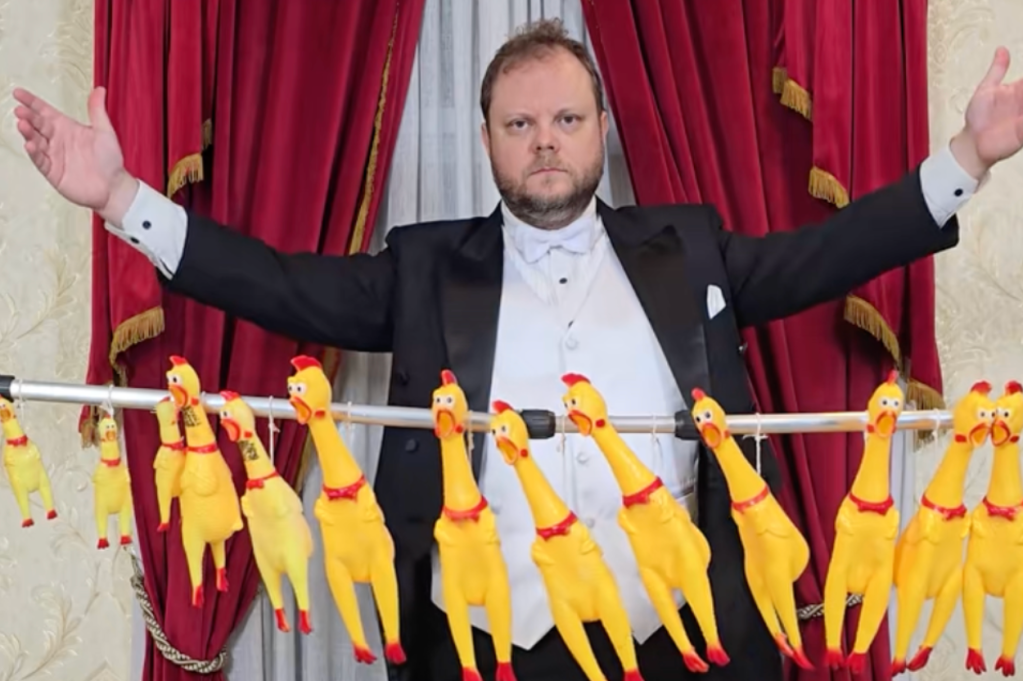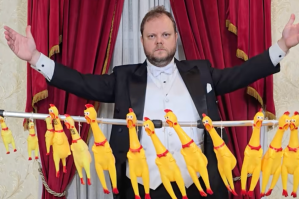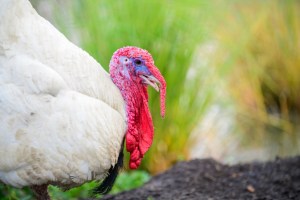Have you ever stopped to think why we eat the things we eat? Some of it seems natural, of course, like an apple growing from a tree. At some point in history, someone picked one, took a bite, and realized it was delicious.
Hunting and eating animals is similar. It’s part of our DNA, even if you choose not to partake, and you can easily trace the path from early hunter-gatherers to packaged chicken nuggets.
But at some point, humans started getting really creative. We picked coffee cherries, removed the seeds, and brewed them into a dark and bitter drink–why?! We smushed up grapes and let them sit around for a while and then drank their juices. We decided to try consuming cow’s milk that had gone really, really sour.
Whose ideas was it to try these things? Fascinatingly, many of our favorite foods, even the things we eat everyday, were the result of necessity or pure accidents. Here are some of the weirdest yet most interesting food origin stories.
1. Cheese & Yogurt
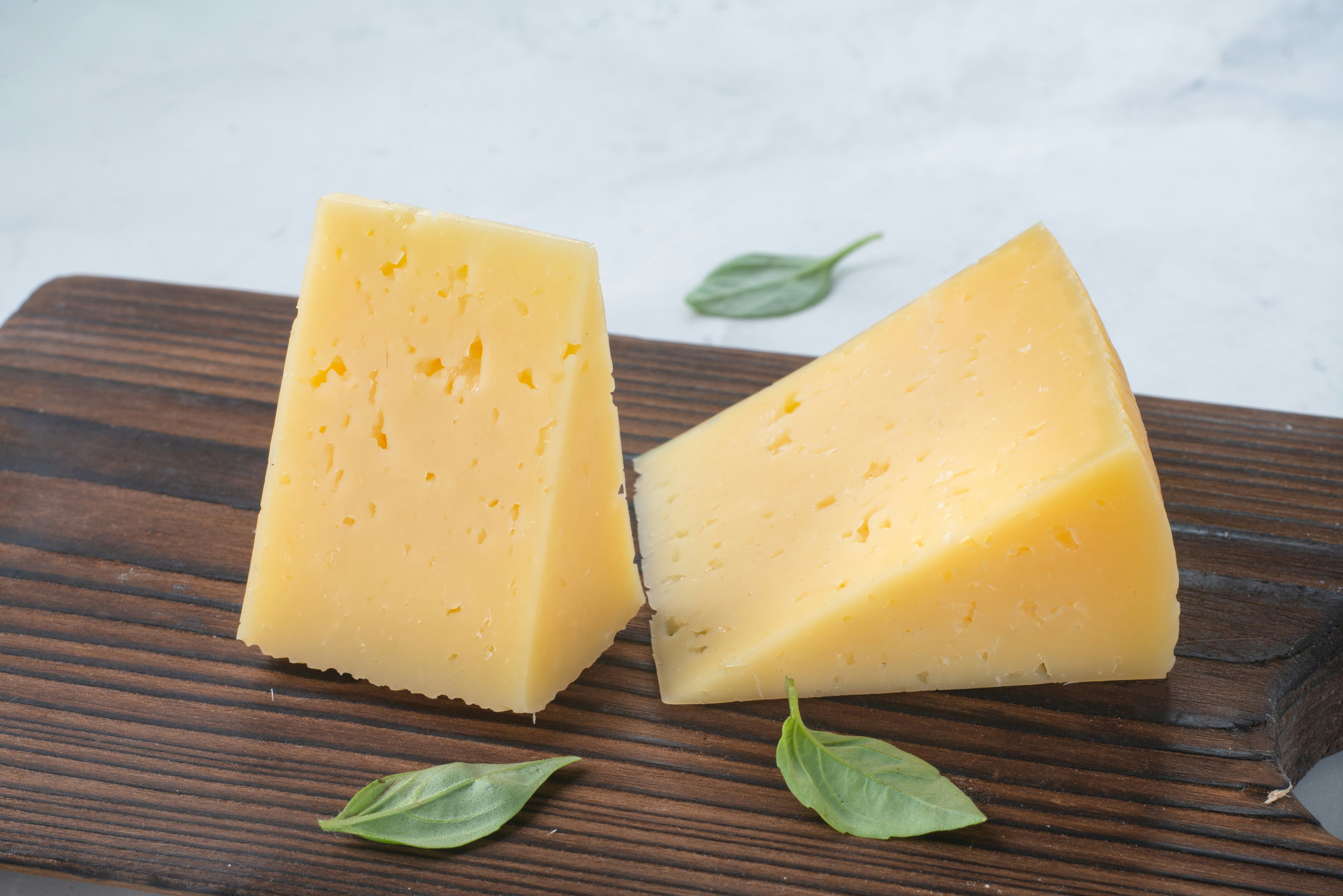
We know that cheese and yogurt both come from milk, often cow’s milk. We also know that milk goes bad extremely quickly and disgustingly. So how did we bridge that gap and come to discover these two amazing foods?
According to the National Historic Cheesemaking Center Museum (in Wisconsin; where else?) cheesemaking dates back thousands of years to Greek mythology and the ancient Egyptians. It’s said that milk was often stored in containers made from the stomachs of animals. The only downside of stomach containers is that they contained an enzyme called rennet that triggers coagulation in the milk, allowing it to separate into curds and whey.
Those Greeks and Egyptians must have been mighty surprised when the curds, in particular, turned out to be absolutely delicious. The BBC writes, however, that this accidental process was probably first discovered in the Middle East and Central Asia.
2. Wine

Today, the winemaking process is pretty complex, so much so that some people consider it an art. Or, at the very least, a craft of the highest order.
I’ve always been curious how we ever came up with the idea that we could get drunk off of grapes, long before the days of perfectly pruned vines and aged-oak barrels. Turns out, the story is not that dissimilar to the origins of cheesemaking, except it goes back even further. Humanity’s natural desire for a good party is apparently one of our most ancient traditions!
Early humans would forage large quantities of fruit like grapes and berries. The ones at the bottom, naturally, would get smushed and likely not be eaten for a while. They would have time to ferment, creating an alcohol-like substance, that must have been pretty pleasurable for anyone willing to go digging around at the bottom of the fruit pile.
Beer has a similar origin story, only instead of fruit, it was grains for bread that were left out too long and began to ferment.
3. Coffee

Coffee is definitely one of the weirder things that we consume. The coffee beans we’re used to seeing do not appear exposed in the wild—they’re actually tucked away inside something called a coffee cherry. Each cherry contains two seeds, or coffee beans.
The story goes that an Ethiopian goat herder in the year 850 (give or take) noticed that whenever his goats ate the cherries, they would become energetic, playful, and just plain happier. Kaldi, the herder, is credited with being one of the first to forage the cherries. At first, the leaves were used to make tea, and then the berries were eaten directly to get the happy-energy effects. It wasn’t until a few centuries later that the beans were made into a beverage for the first time.
4. Tikka Masala
I absolutely love getting Indian food whenever possible and, like a lot of Americans, I adore Chicken Tikka Masala. But I never knew that it was created out of necessity as recently as the 1970s.
The widely accepted legend has it that a Glasgow chef named Ali Ahmed Aslam served a customer some chicken tikka one night and found the patron to be very hard to please. The man insisted that the chicken was too dry. So Aslam scoured the kitchen and whipped up a special sauce made of yogurt and tomato, which helped keep the chicken moist.
Pretty quickly, chicken tikka masala became famous across the globe. The Bristorian writes, “it is widely represented as the quintessential Indian dish despite its origin in the United Kingdom.”
5. Tomatoes
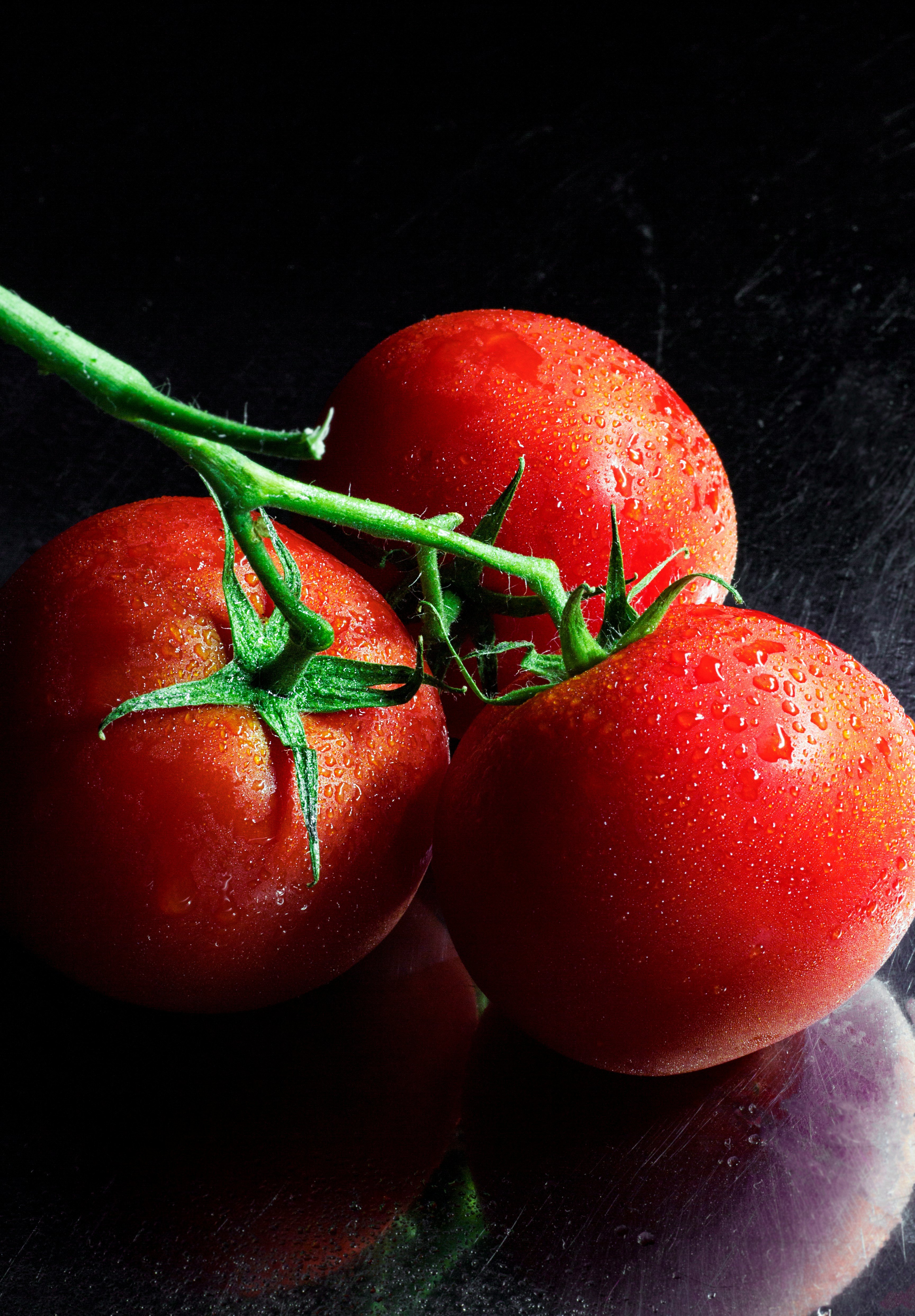
It doesn’t seem surprising at first that most cultures around the world regularly eat tomatoes, with a few exceptions. They grow in the ground and look beautiful. It’s not shocking that someone bit into one at some point in history and decided we should all get to enjoy them.
But what is surprising is that, in the Western world at least, tomatoes didn’t catch on for a long time. Even in Italy, which is practically synonymous with the tomato, Italians didn’t really eat them widely until the 19th century. That’s because tomatoes were long thought to be poisonous, a member of the nightshade family which contains many toxic plants.
One story claims that a man named Colonel Robert Gibbon Johnson ate tomato after tomato in front of a crowd in New Jersey to prove to the world they were safe. It’s probably not a true story, but it’s fun to imagine.
6. Tea
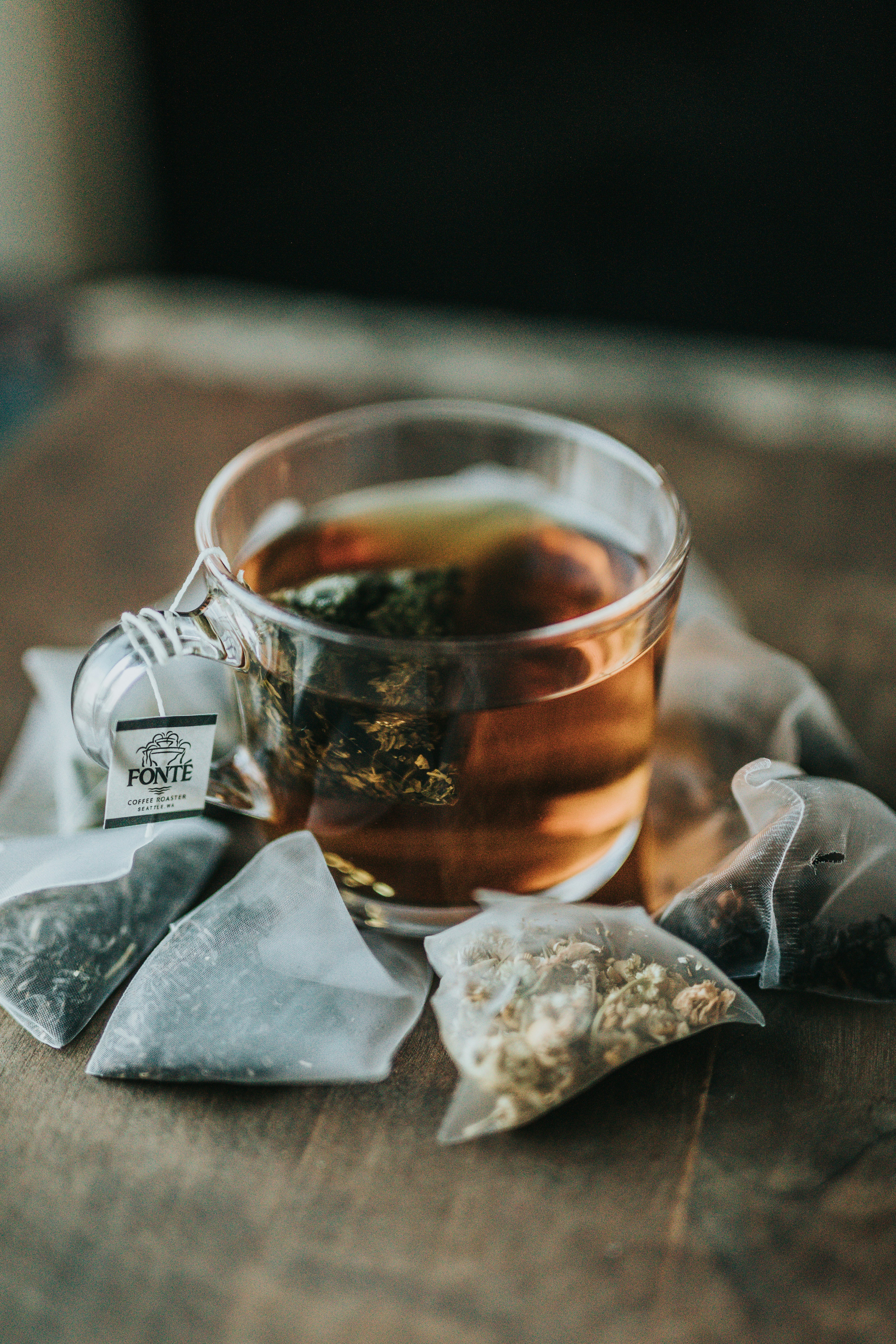
Tea, like coffee, seems odd when you really think about it. Boiling dried up leaves and herbs in water? Whose bright idea was that?
It turns out, it was an Emperor’s idea! Tea is truly one of the most ancient beverages, and legend has it that Chinese emperor Shen Nung accidentally discovered the delectable drink in 2737 BC. He was supposedly sitting under a tree while his servant boiled him some drinking water, a common practice at the time. Some leaves are said to have fallen in from the Camellia sinensis tree, which gave the brew a pleasant aroma.
Shen Nung tasted it and was impressed, while also finding that it made him feel great. Tea was initially considered medicinal and didn’t become a daily drink until much later.
7. French fries
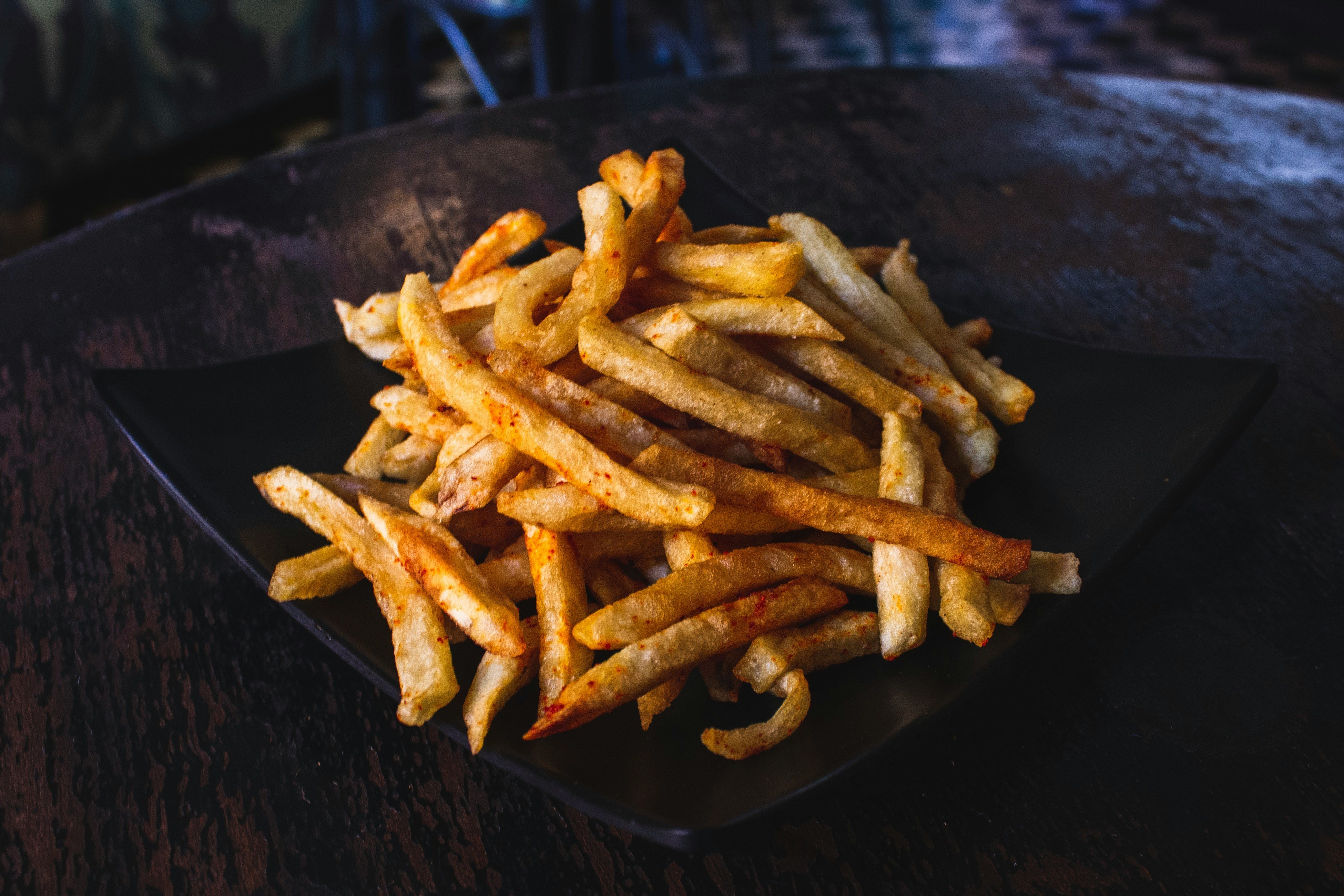
Despite the name, French fries are said to have initially been discovered in Belgium.
In the 1600s, villagers near one of the country’s rivers would catch fish to try. Fried fish was an incredibly popular treat, but in the winter months, the river would freeze and catching fish would become impossible.
Out of necessity, they tried cutting up potatoes into a similar shape and frying those, instead. The result was delicious! When American soldiers came through the area during World War I, word spread quickly for obvious reasons.
8. Potato chips
The accidental invention of potato chips is a direct offshoot of French fries, so it deserves a spot on this list.
Some 250 years after the invention of fries, the story goes that a chef named George Crum had another difficult customer on his hands. (Seeing a pattern here?) The man was unhappy that his French fries were too soggy and thick.
Smithsonian Magazine writes, “Furious with such a fussy eater, Crum sliced some potatoes as slenderly as he could, fried them to a crisp and sent them out to Vanderbilt as a prank. Rather than take the gesture as an insult, Vanderbilt was overjoyed.”
They were called Saratoga Chips at first, a reference to their birthplace of Saratoga, New York. Experts say the potato chip may have officially been invented before this famous showdown, but George Crum undoubtedly helped popularize the snack.
9. Popsicles

The official Popsicle brand itself says the frozen treat was invented by an 11-year-old boy in 1905.
Frank Epperson allegedly left a cup of soda, complete with a stick for stirring, outside on a cold night and was chagrinned to later find it frozen. However, one lick and he was convinced—frozen meant delicious! Young Frank named the treat after himself: “The Episcle.”
An entrepreneurial little bugger, Epperson perfected the popsicle and began selling them around local beaches before patenting the pops in 1924.
10. Cheetos/cheese puffs/cheese curls
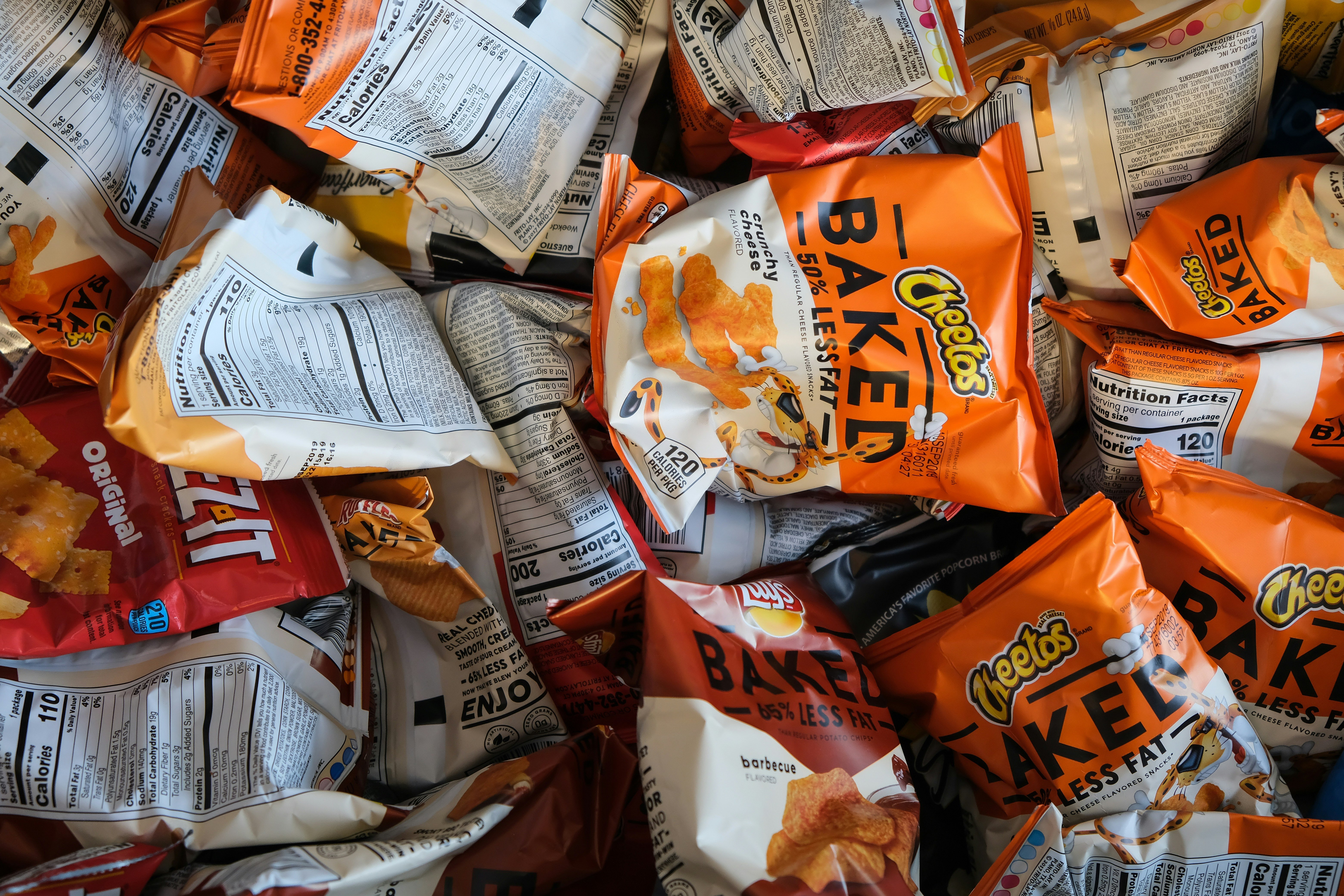
I’ve always been curious about cheese curls, which are one of my all-time favorite snacks. What even is a cheese puff? The potato chip, though unique, makes sense: It’s a deep fried, thin slice of potato. Cheetos and cheese curls are just so far from anything found in nature it boggles the mind how they might have been invented.
Well, boggle no more! In 1935, cheese puffs were accidentally invented in a factory that made animal feed. Corn was ground in a grinder to make the feed, but when it came time to clean the machine, the workers fed moist corn through. The resulting waste product was airy, puffy blobs of corn that would fall to the ground.
A worker named Edward Wilson decided to try some and found them utterly delicious, and thus named them Korn Kurls.
11. Worcestershire sauce
I love a good happy accident almost as much as I love Worcestershire sauce on my burgers and steaks. Luckily, this story has both.
In 1835, drug store owners John Lea and William Perrins were asked to recreate a sauce a local baron had tried during a visit to India. Their creation was an utter failure, smelling horribly and tasting worse. So they hid the batch they created in the basement and forgot about it for nearly two years.
According to Great British Chefs, “When they rediscovered it, it had aged well, turning into the fermented, umami-packed sauce we use today.”






